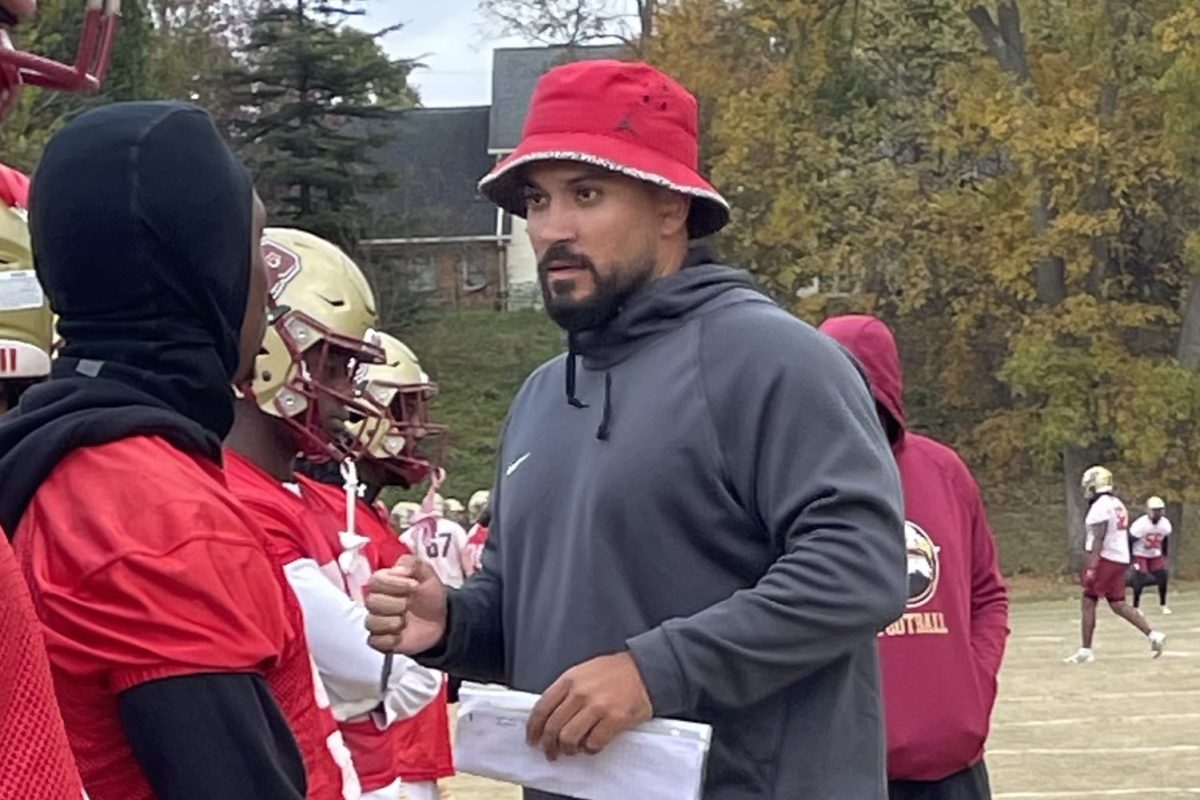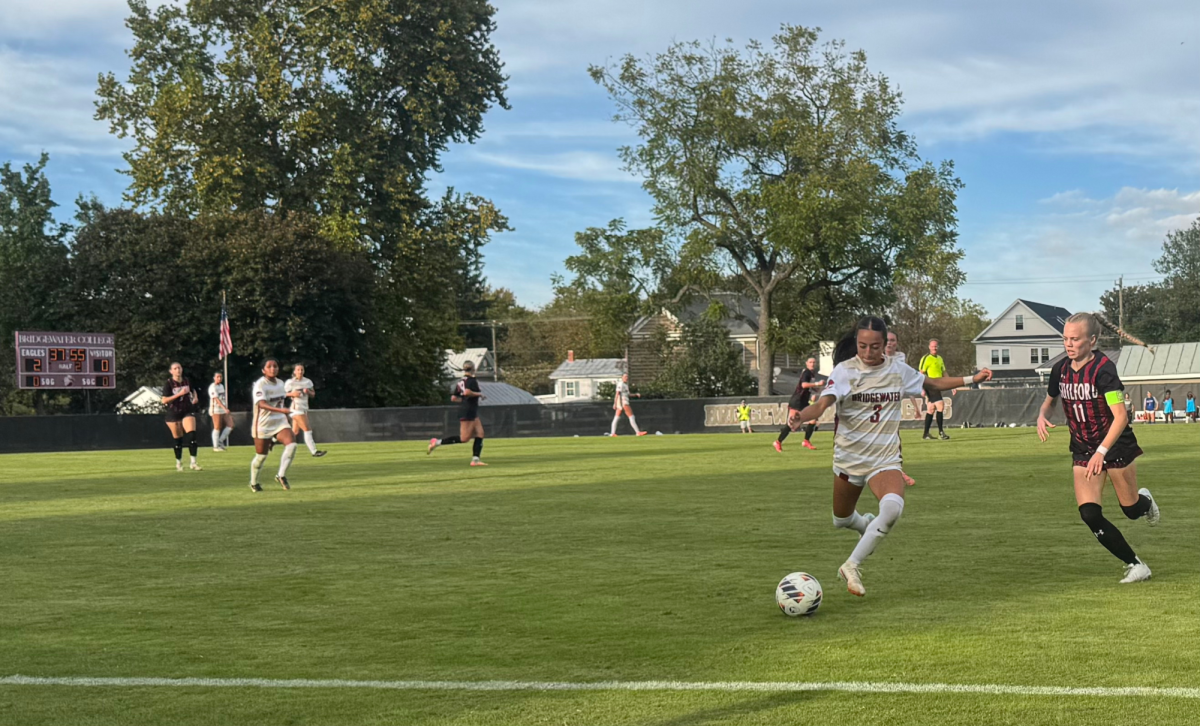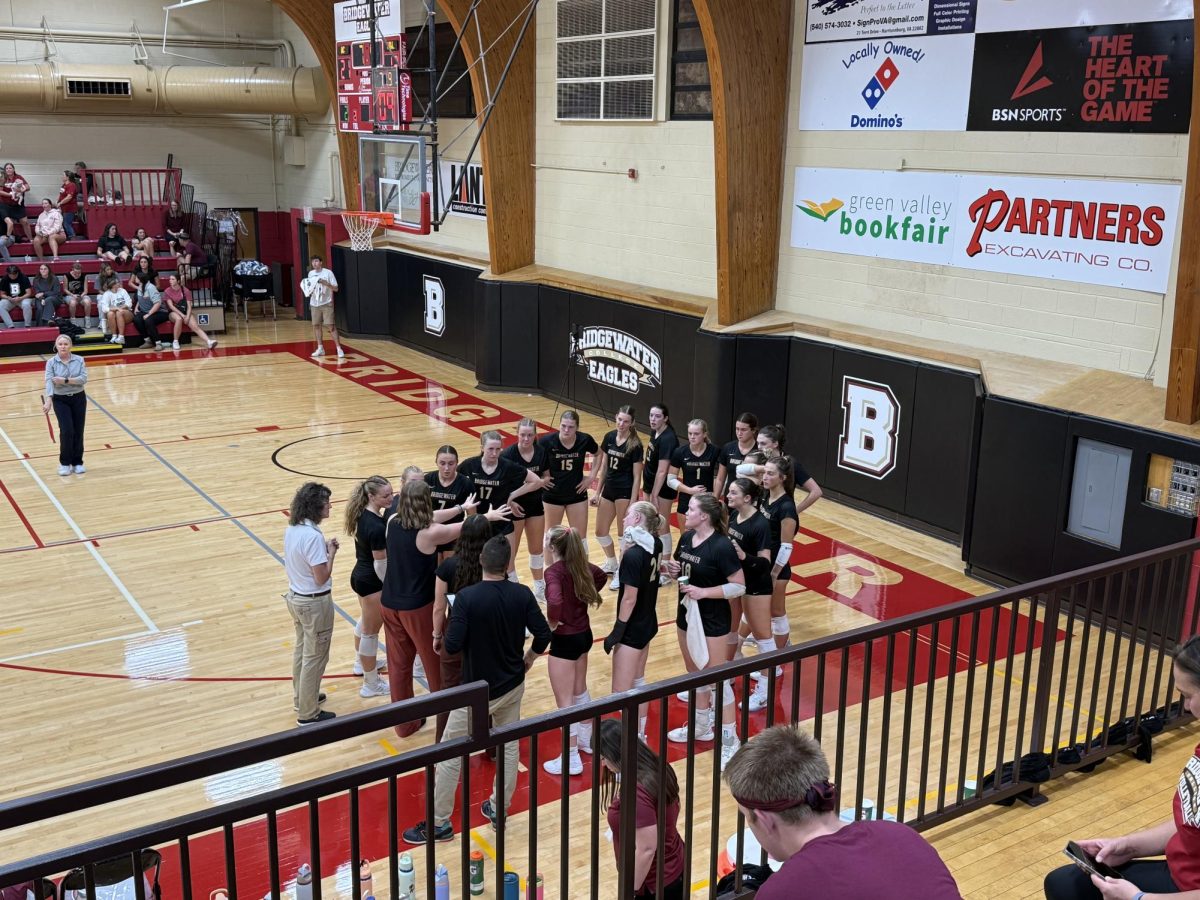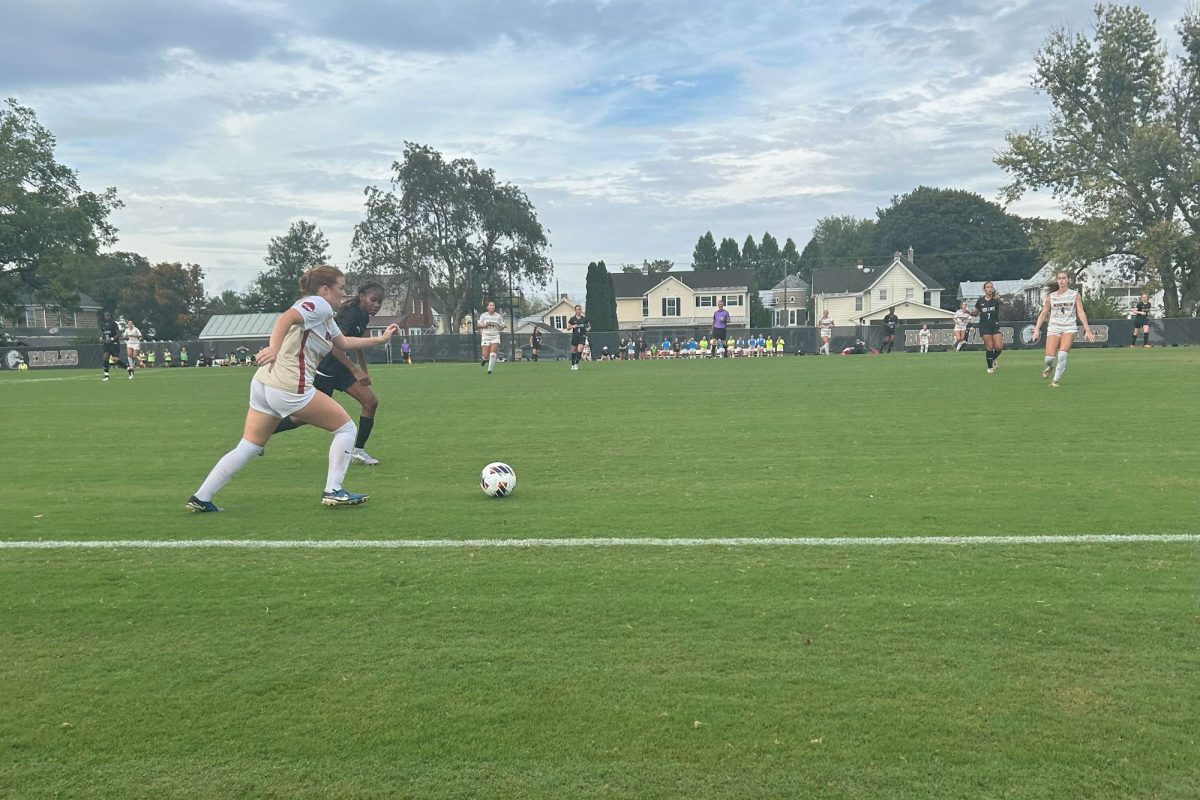Concussions On the Rise for Female Athletes
Symptoms They Lead To
December 5, 2016
Bridgewater, Va. – FiveThirtyEight.com released a post May of this year about a study done by the Colorado School of Public Health where researchers surveyed concussed athletes on the severity of their symptoms and found that women reported worse and more severe symptoms. The study found that women are more likely to receive concussions than men.
According to Brainline, a magazine about brain injuries, a concussion is a bruise on the brain caused by a rough jolt. Symptoms include; headaches, dizziness, memory problems, loss of place and troubles with balancing.
Bridgewater College student Haley Bunting experienced these symptoms when she received four concussions in the span of five years. Soccer caused three out of the four concussions.The fourth was a result of hitting her head when fainting. Bunting said she has constant headaches from the brain trauma.
In 2012, Michigan State University released a study with similar findings to the Colorado School of Public Health. Two hundred ninety-six college and high school athletes were studied over two years. Each took a post-concussion assessment test, a memory test and rated their symptoms at several points after their initial concussion.
The study found that college female athletes faltered at visual memory tests. High School females performed better on the balance tests than college athletes. As age decreased athletes overall performed worse on visual and verbal tests.
Bunting took a cognition test and found that her memory seemed normal. Although she confessed she never took notes during class prior to her concussion. Now she takes good notes.
“Concussions are on the rise in college sports, and striking numbers of female athletes are at risk,” said Erik Vance in an article called The Science of Hard Knocks. He said researchers believe this is caused by women’s necks being thinner and weaker leaving them open to concussions.
Chief Medical Officer for the NCAA, Brian Hainline suggested that since Women are more susceptible to migraines it leaves them a greater risk for concussions.
“When I got my first one I had no idea what a concussion was,” said Bunting. She’s visited several neurologist to try and improve her headaches. She said the doctors “don’t really know what to do to help.”
According to Vance, scientists still know very little about concussions although more studies on the topic have been released in the past five years than the last fifty. Vance says athletes are reporting more symptoms and long term effects of their concussions.





















































